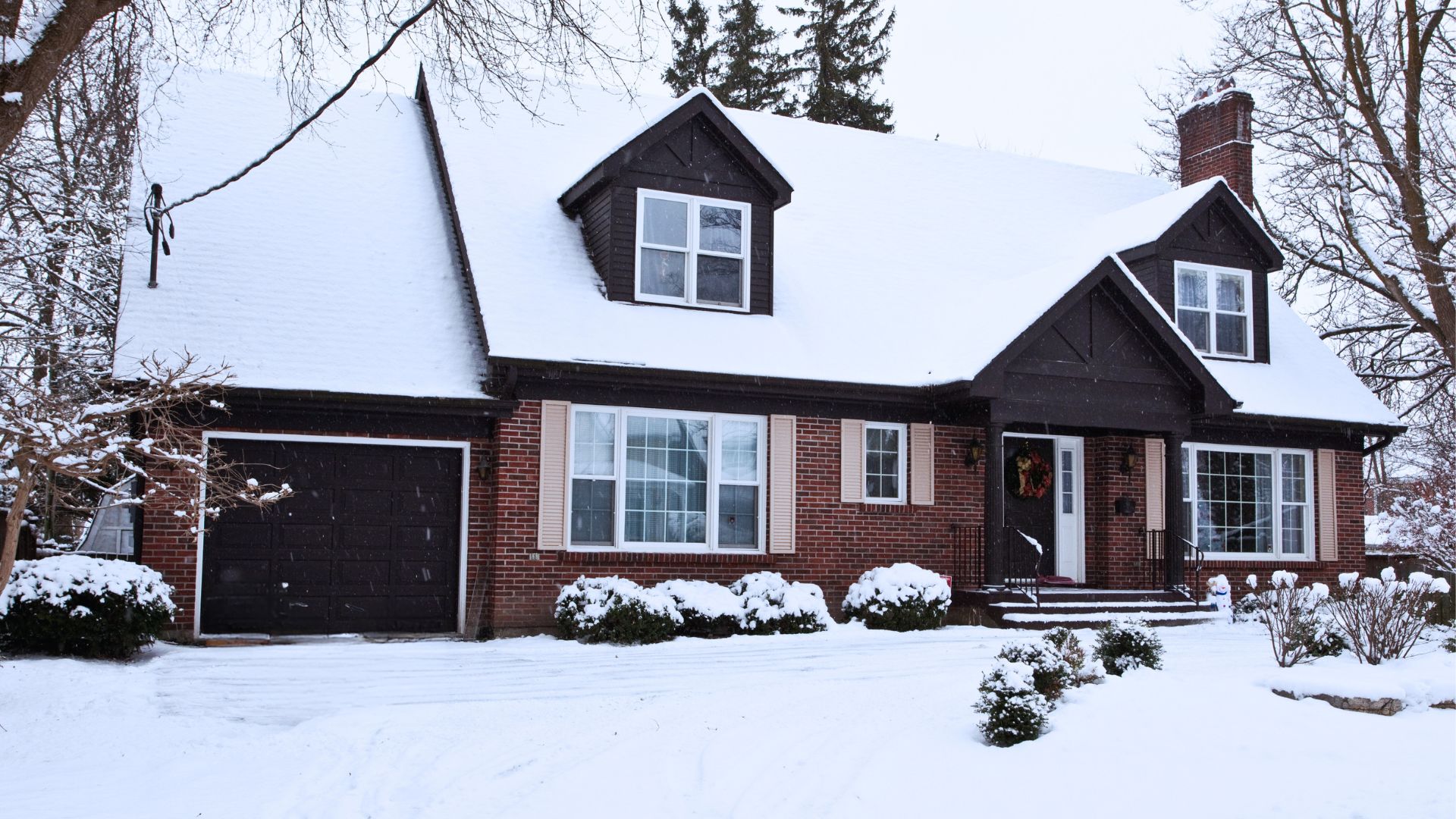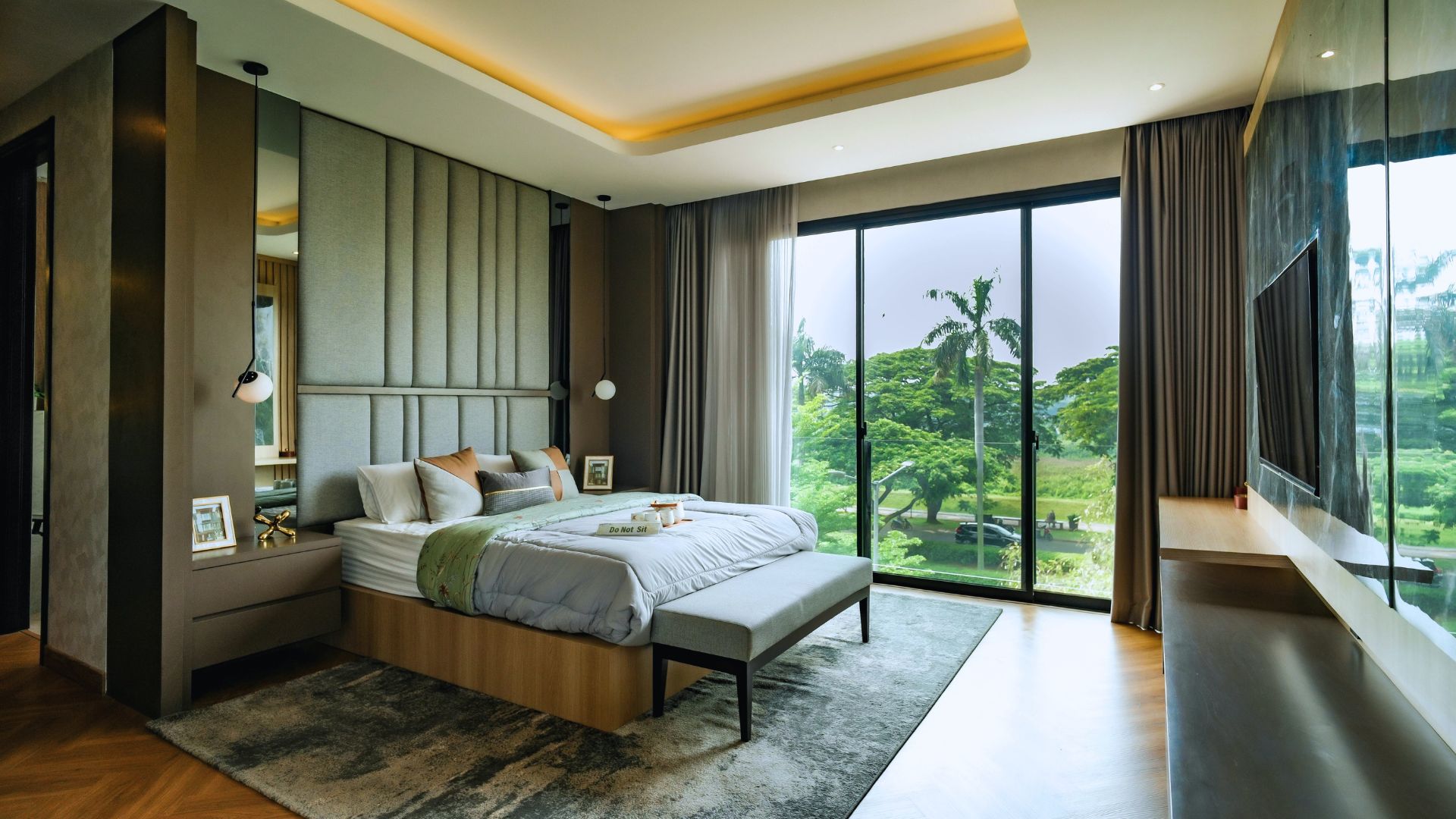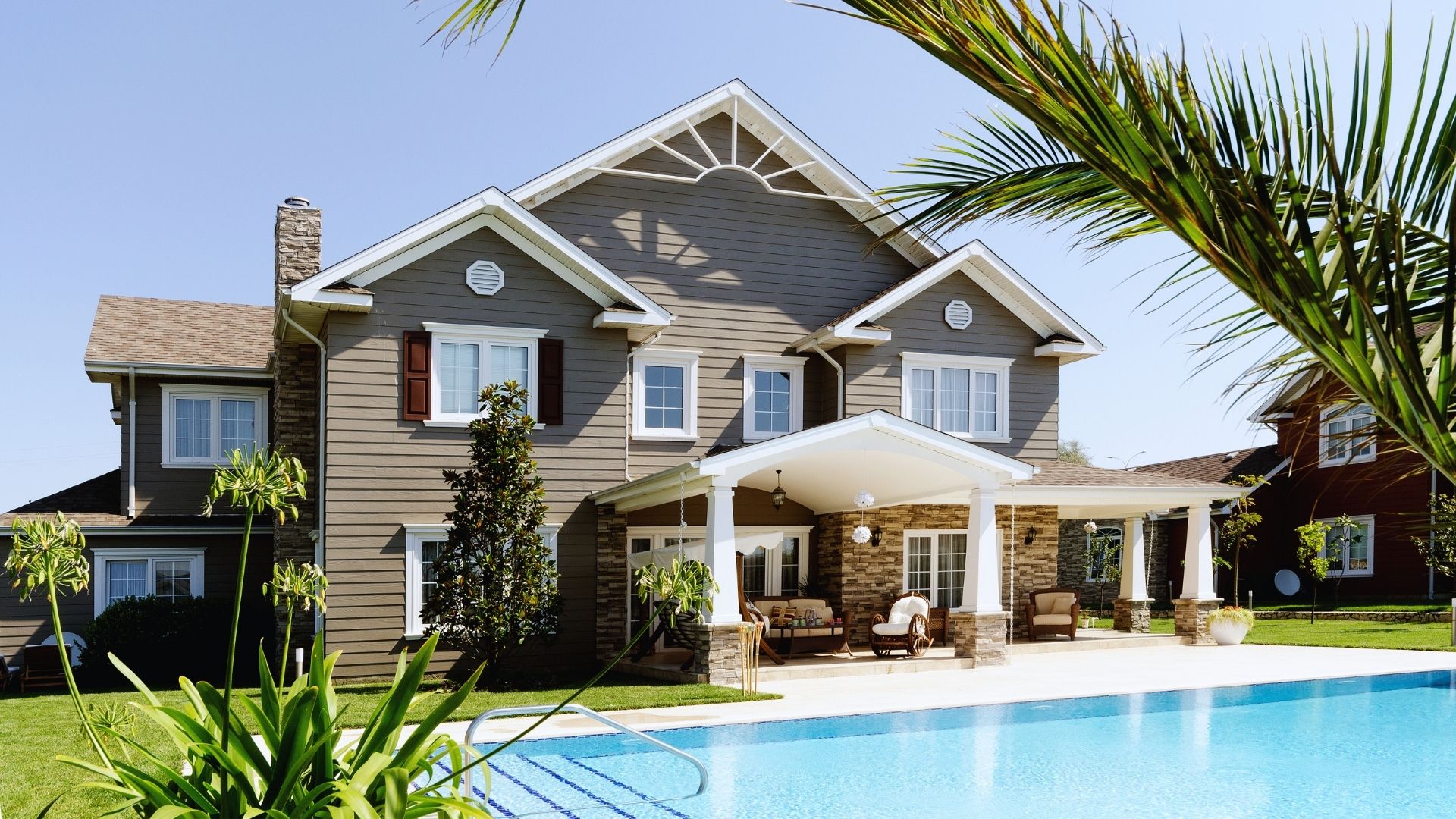Buying your first home is exciting, but it’s also extremely stressful. While you’re caught up in the whirlwind of reading listings, going to showings, and putting offers together, you get a lot of information and very little time to process it.
When I was buying my first home, I learned some important lessons, but there were plenty of things that flew by so fast it was hard to grasp their significance. Although I was happy with the outcome, there were a lot of things I wish I knew before buying my first home. If you’re a first-time home buyer, there are some things to know in advance.
The Perfect Home Doesn’t Exist
If you’re shopping for your first home, terms like “ideal,” “dream,” and “perfect” keep you looking for something that fits your lifestyle and doesn’t need any improvements. When buying my first home, I wanted something move-in-ready where I could live my best life from day one. That was an unrealistic expectation.
Every home will have things you don’t like or wish were different. We’ve all seen reality shows where couples tour hundreds of homes and still aren’t satisfied. Don’t be that couple. Look beyond these obstacles and focus on the truly non-negotiable things. Think of the “slightly less than ideal” home as an opportunity to add your own personal touches.
Costs Don’t End at the Home Price
When I was buying my first home, the sticker price on the house loomed very large. But there are a lot of expenses you’re responsible for in addition to the home price.
Closing costs include loan application fees, appraisal fees, title search, title insurance, attorney fees, prepaid taxes, and homeowner’s insurance. Expect to spend between 2% and 5% of your home’s price on closing costs. For small repairs, new hardware, updating systems, and fresh furnishings, set aside an extra 50% on top of your down payment. Even small things like extra towels and sheets for guests will set you back, but once you have a guest bedroom, you’ll want these things!
Put these on your “buying my first home” checklist, along with 1% to 2% of your home’s price annually for maintenance, utilities, insurance, and property taxes. Make sure you have enough savings to cover these for the first year at least.
A tip I learned when buying my first home is to not max out my budget. A good rule of thumb is to aim for 20% to 30% under your maximum pre-approval amount. You will need cash and borrowing room even after you make this huge purchase. Being house poor can also be a strain, so leave room in your budget for wine, spa days, and dinners out after your move!
Location Matters
When buying my first home, the houses I wanted to tour had beautiful exteriors, great landscaping, and upgraded kitchens and bathrooms. They were dazzling! But not all of them were in good neighborhoods.
Location matters more than you might think. As a homeowner, you’ll be spending a lot of time in the area that surrounds your house, especially if you have a young family. You might live there for years, or even decades, so choose a location based on livability. Remember that you can always update your kitchen, but you can’t pick your house up and move it elsewhere.
Don’t Skip the Home Inspection
In a competitive market, buyers sometimes feel pressure to forego the home inspection in order to strengthen their offer. This is an extremely risky strategy.
Houses can have all sorts of issues that you won’t be able to spot at a showing. Often, the homeowner doesn’t even know about them. Only a professional home inspection will uncover them, tell you which repairs are critical, and advise you on what those repairs will cost.
A home inspection is a must-have on every “buying my first home” checklist.
Pre-Approval Isn’t the Same Thing as Approval
Getting preapproved is an important step that gives you negotiation power as a buyer, so make sure this is on your “buying my first home” schedule. However, it’s more of a preliminary indication of what you can afford than a guarantee that you’ll get a mortgage in that amount.
While you’re awaiting final approval, don’t do anything that will change your credit score or your overall financial profile. Avoid big purchases and new credit cards, and don’t change your job, but do try to pay down any credit you do have. Strive to appear as financially stable as possible.
Homeownership Isn’t Always Better Than Renting
Owning a home is a goal we’re supposed to aspire to as adults, but it’s not always the best choice. One of the things I wish I knew before buying my first home is that it ties you to one location for at least 5 years. You also have a lot of responsibilities that take up your free time and limit the amount you can spend on travel and entertainment.
For some lifestyles and in some markets, renting long-term can also make more sense financially. You’ll have extra money to put toward savings, and you won’t have the unexpected costs that can come with homeownership. A good idea is to work out the exact figures, including expenses and savings under each option. If you’re not confident about doing this yourself, get help from a trusted financial planner.
Real Estate Agents Do a Lot More Than You Think
If most of what you know about real estate agents comes from reality shows, you may be surprised by all the things they do for clients. When I was buying my first home, I was really grateful for my real estate agent and their dedication.
A good real estate agent is an invaluable source of support, guidance, and information. They also advocate for you, complete mountains of paperwork on your behalf, and make sure no one takes advantage of you.
Buying a Home is an Emotional Journey
Almost everyone experiences a range of emotions when shopping for a home, making an offer, and closing the deal. It’s a roller coaster! But you’re not alone; every new homeowner I know talks about the excitement, the anticipation, the doubt, the anxiety, the pride, the joy, and the dread. Rest assured that this is normal. This is why it’s important to leave room in the budget for relaxing activities and time with friends.
Don’t Think You’ll Get Everything Right
When I was buying my first home, I put a lot of pressure on myself to be the perfect homeowner. This is a mistake. You will have missteps and things that, upon reflection, you would have done differently. Buying my first home was a long journey of learning, and it will be for you, too. Congratulate yourself on becoming a homeowner and give yourself plenty of grace. If it helps, your nerves will calm down once you see that you can manage the challenges, and you’ll soon be enjoying the emotional benefits of owning your own home.






